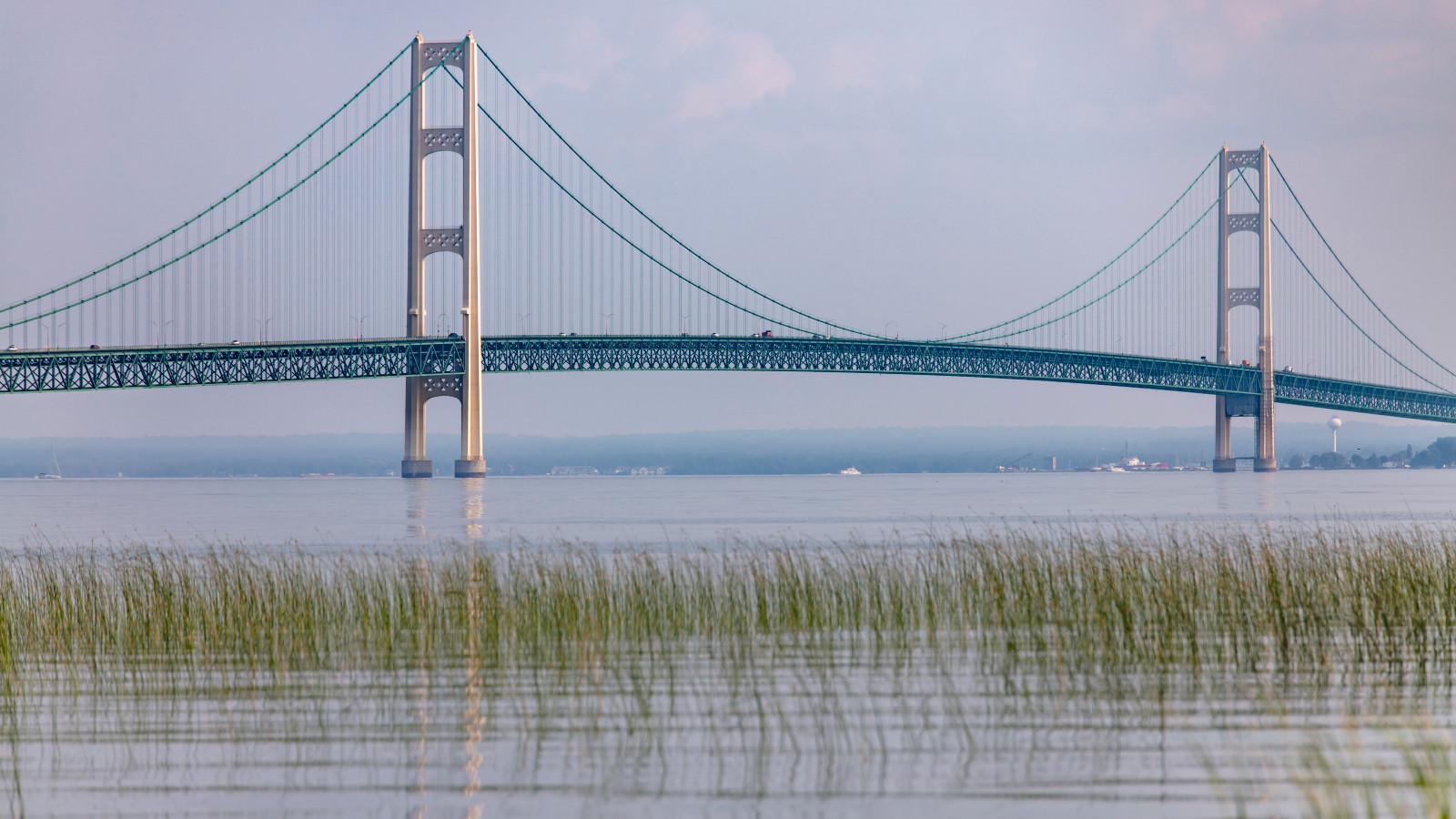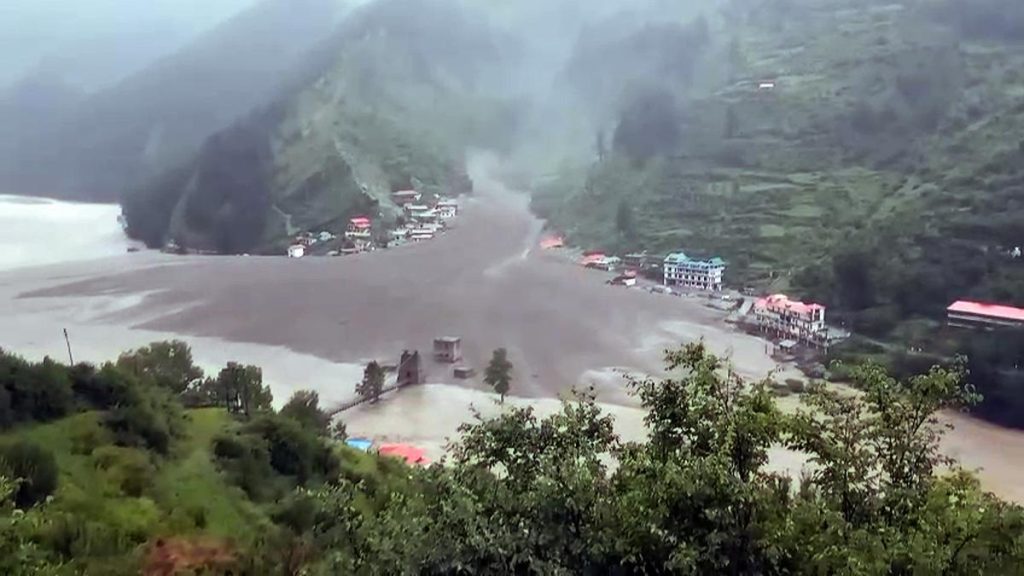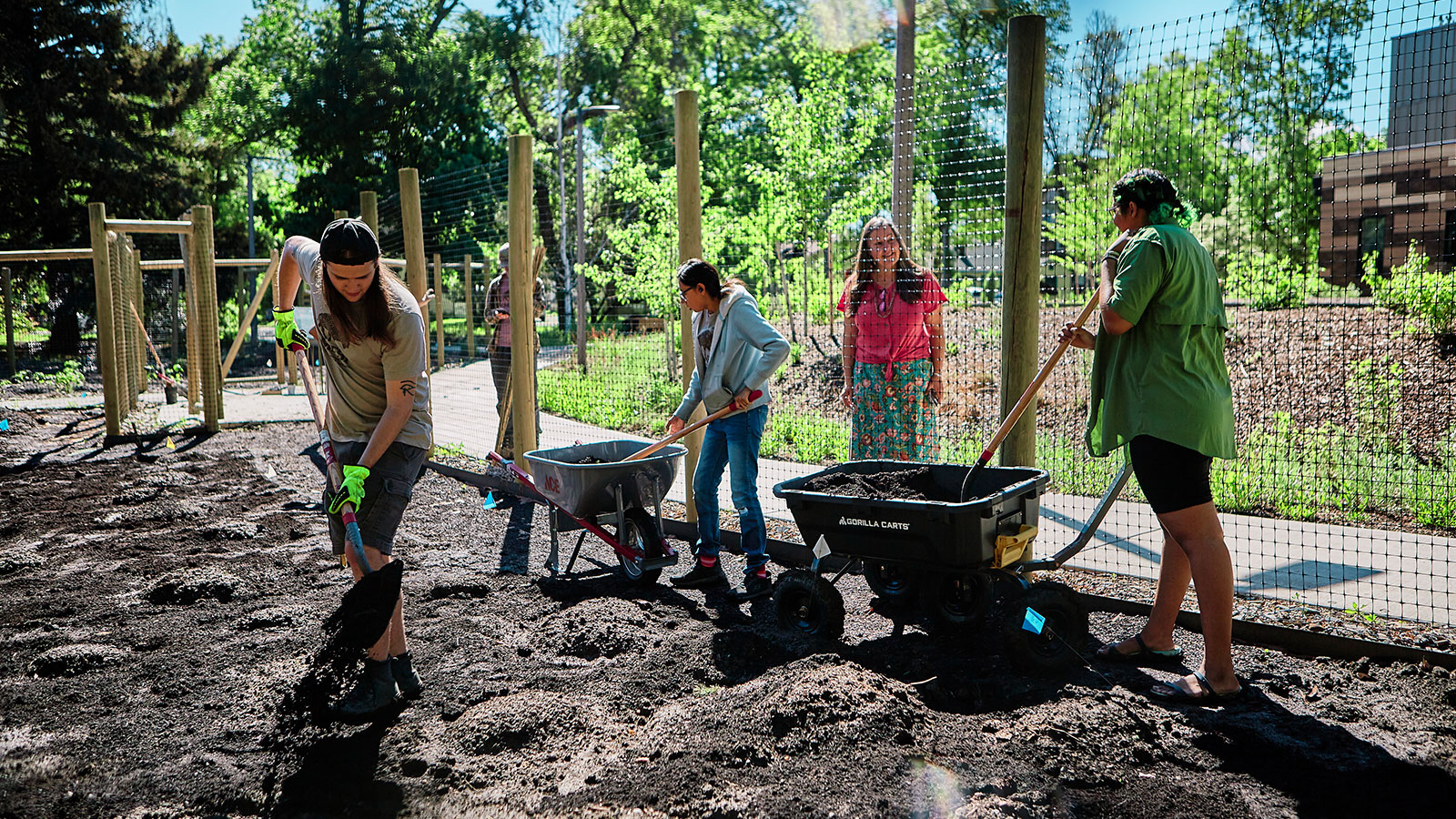Now Reading: Why Indigenous Groups Are Exiting Pipeline Talks in Michigan
-
01
Why Indigenous Groups Are Exiting Pipeline Talks in Michigan
Why Indigenous Groups Are Exiting Pipeline Talks in Michigan

Quick Summary
- Issue: Seven Indigenous nations in Michigan have withdrawn from negotiations over the proposed tunnel replacement for Enbridge’s Line 5 pipeline, citing federal agencies’ failure to adequately consult with tribal governments.
- pipeline Details: Line 5 is a 645-mile oil and gas pipeline, transporting over half-a-million barrels daily between the U.S.and Canada. A tunnel under the Great Lakes is proposed to replace an aging portion of the pipeline.
- Concerns Raised by Tribes:
– Environmental risks to the Great Lakes, which connect lakes Michigan and Huron.
– Potential threats to Indigenous ways of life upheld by treaty rights.
– Criticism of insufficient analysis of oil spill risks by federal agencies like the army Corps of Engineers.- Allegations that fast-tracking permits under Trump-era energy declarations undermines environmental scrutiny and Indigenous participation.
- Legal Opposition: Tribal leaders are preparing lawsuits aimed at blocking construction after halting participation as “Cooperating Agencies” in permitting processes they deem flawed and inequitable.
- Enbridge’s Position: States that constructing a tunnel woudl enhance safety while ensuring reliable energy supply for Michigan and surrounding regions.Opponents challenge this claim due to concerns about climate damages and limited local benefits.
Indian Opinion Analysis
The withdrawal of seven Indigenous nations from discussions around Enbridge’s Line 5 pipeline signals deeper issues surrounding stakeholder engagement, openness, and environmental governance in large-scale infrastructure projects. Tribal opposition shines a spotlight on both ecological concerns related to oil spills affecting fresh water sources like the Great Lakes-critical not only regionally but globally-and violations involving treaty rights meant to protect customary ways of life.
India can extract lessons from this case as it confronts its own challenges balancing energy security with sustainable development goals. Inclusive consultations with tribal communities during any developmental projects serve not just ethical mandates but strategic purposes for avoiding prolonged legal disputes or project delays. Additionally,safeguarding vital resources such as freshwater systems aligns closely with India’s climate commitments under global accords like the Paris Agreement.
The broader critique around fast-tracked permits or inadequate spill risk analysis raises alarm bells on how policy decisions can affect stakeholders far beyond immediate project beneficiaries-weather domestically or internationally-a reminder pertinent for India’s decision-making framework across sectors.

























